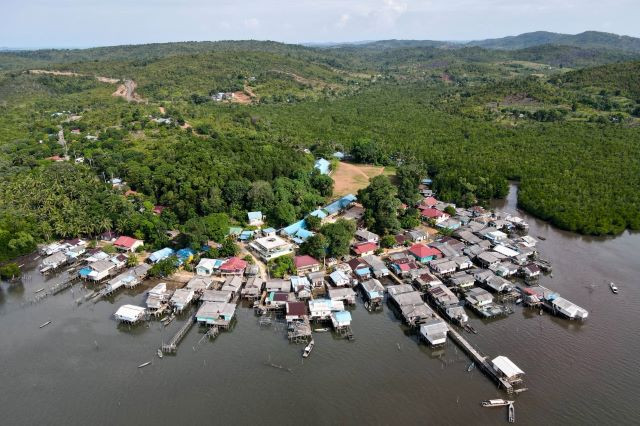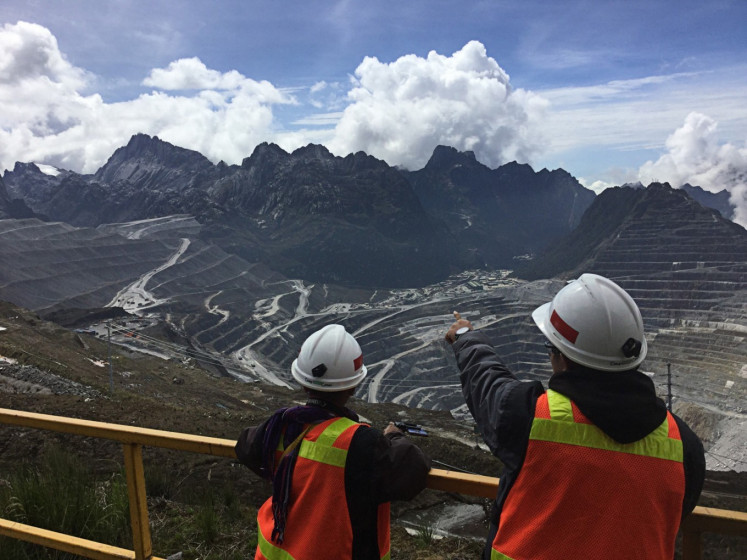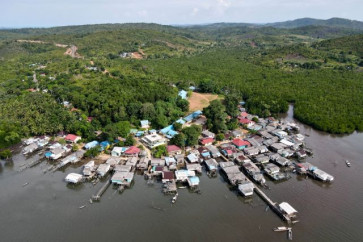Popular Reads
Top Results
Can't find what you're looking for?
View all search resultsPopular Reads
Top Results
Can't find what you're looking for?
View all search resultsThe Rempang project and infrastructure accountability risk
The supervision of the Rempang project by the legislature appears to be blunted because the flow of project list submissions seems subject to centralization by the central government.
Change text size
Gift Premium Articles
to Anyone
T
he embers of resistance that have not been extinguished on Rempang Island near Singapore portray the imposition of the Jokowism paradigm in infrastructure development.
As if following its predecessor project, land issues for the development of the Rempang Eco-City Area have similar symptoms, starting from the absence of democratic practices, zero meaningful public participation and paying no heed to the principles of good governance.
Poor governance in this National Strategic Project (PSN) is also a silent witness to the continued emergence of agrarian conflict, employment issues and even ecological and natural resource damage. Widespread traces of damage and intensifying tensions can also be found in forced evictions in Wadas, Air Bangis and Lambo, the eruption of social problems in the Morowali Industrial Area in Central Sulawesi and nickel mining in Halmahera and the controversy over the construction of the Jakarta-Bandung high-speed railway and the Nusantara State Capital (IKN).
The consistency and recurrence of this problem is certainly not due to miscommunication. If this is true, how could clashes have occurred if not for the absence of consultation and participation processes?
The results of the Infrastructure Corruption Risk Assessment Tool (ICRAT) initiated by Transparency International Indonesia (2023) found the opposite: a number of the problems above were an excess of poor integrity due diligence in the planning and selection stages of the PSN project itself. The overlapping ambitions of the President to execute infrastructure development projects quickly are also exacerbated by the governance situation of planning and project selection, followed by a decline in information transparency such that supervision is not optimal.
The results of this collaborative research confirm that Jokowi's “infrastructure first” regime has three fundamental problems, so it has failed to fulfil the principles of good governance in the infrastructure sector.
First, the regulatory framework is drawn up arbitrarily and inconsistently, leading to legal uncertainty. The regulatory framework on which the PSN project is based can change at any time, being determined on a whim without adequate consultation and legislative oversight.


















